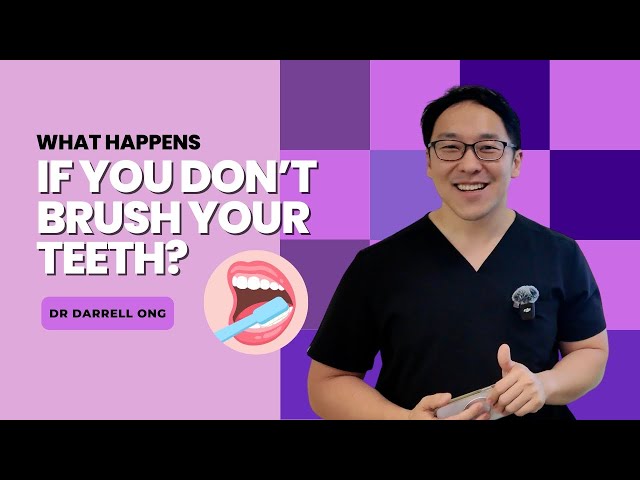About The Video
In this video, Dr Jaclyn from Dental Designs Clinic explores bruxism, the condition of grinding or clenching your teeth, often while you sleep. She explains common symptoms such as headaches, jaw tightness, and worn-down teeth, along with long-term effects on the jaw joint.
Dr Jaclyn also highlights the possible links between bruxism, sleep apnea, and other health conditions. She discusses preventive care, custom-made mouth guards, and why early diagnosis is so important to avoid more complex dental treatments, such as full mouth rehabilitation or even wisdom tooth removal.
Bruxism, or teeth grinding, is a condition where you unconsciously clench or grind your teeth, most commonly during sleep. Many patients don’t realize they have bruxism until symptoms appear, such as headaches, jaw pain, or visible wear on their teeth. Over time, this can lead to cracks in enamel, damaged fillings, loose teeth, and even strain on the temporomandibular joint (TMJ). Some studies suggest links between sleep bruxism and conditions like sleep apnea, making it even more important to seek early evaluation.
Treatment often includes custom night guards to protect teeth from further wear, but severe cases may require more extensive dental work, such as crowns or bite rehabilitation. In some patients, untreated bruxism can also worsen gum problems or complicate other dental conditions, occasionally leading to procedures like wisdom tooth removal. Addressing bruxism early can save your teeth and improve your quality of life.


.png)
.png)
.png)
